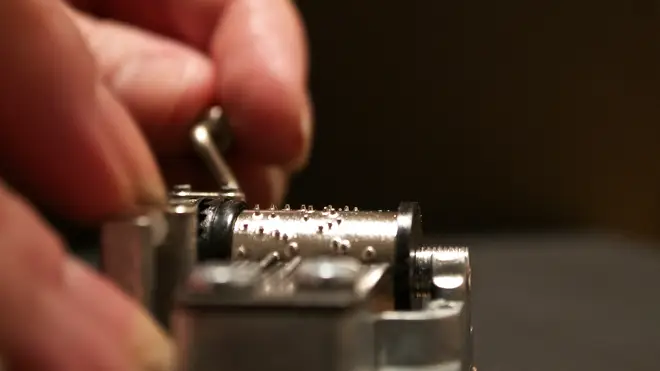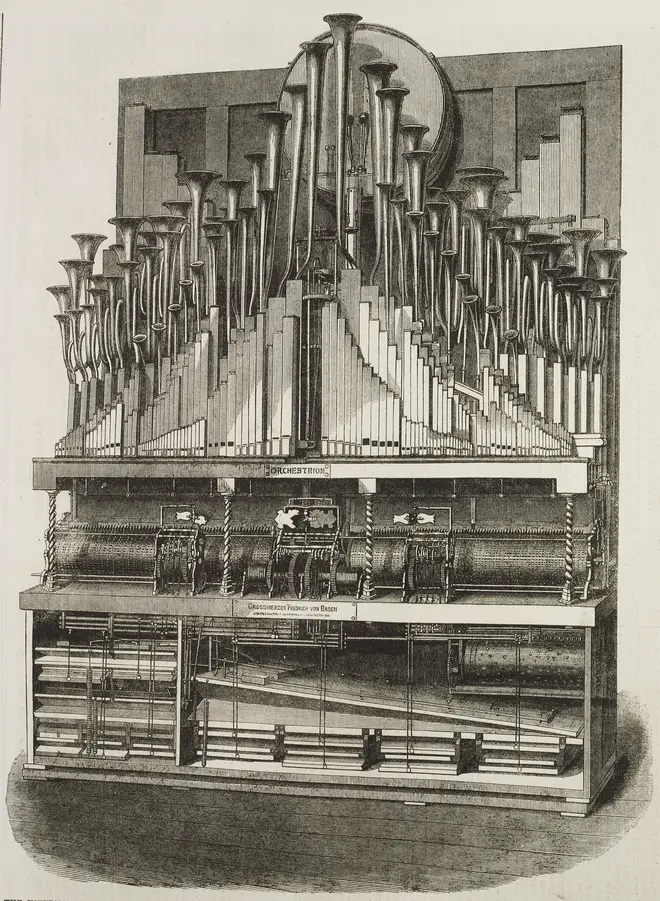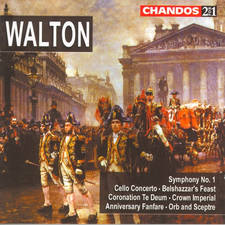This gorgeous wind-up music box can play Mozart’s ‘Eine Kleine Nachtmusik’
24 January 2019, 13:36
This is completely charming: a little serenade by Mozart, played on a beautiful Swiss musical box.
This music box, made by the Swiss mechanical music company Reuge, has been designed to play Mozart’s ‘Eine Kleine Nachtmusik’.
It works by releasing the catch on the front of the box, which causes the metal cylinder to rotate, and its pins to brush against the individual tuned teeth of a steel comb.
The melodic line is determined by the pattern of the pins on the cylinder, and the notes we hear come from the vibrating teeth – lower notes from longer teeth and higher notes from shorter ones.

The beginning of mechanical music
These beautiful, tiny devices have been around since the 18th century. They were originally developed from musical snuff boxes and called carillons à musique (‘chimes of music’).
A number of historians agree that music boxes were created in an attempt to miniaturise carillon towers; a system of large bronze bells that could be played by a keyboard in another room.
Over the next few centuries, the concept of a mechanical music box caught on. Around the 1750s, Pierre Jacquet-Droz created the first musical clock. And in 1875, the first production line factory for musical boxes opened in Sainte-Croix, Switzerland.
This giant 100-year-old music box plays three violins at once and it’s technically incredible >
They also started getting bigger: the tiny containers that once fit into a gentleman’s waistcoat pocket transformed into pieces of furniture. Before gramophones came about, music boxes were the instruments of choice for affluent 19th-century music lovers.

By the beginning of the 20th century, most music boxes were gradually replaced by gramophones, which had the advantage of being able to play back voices; player pianos, which were louder and more melodious; and orchestrions, which were designed to sound like a full orchestra.
But even now, Reuge are still making the tiny traditional music boxes, in the Swiss mountains – check out their range here.
Or if you’d prefer a second-hand model, they are selling on eBay for just £5.
























